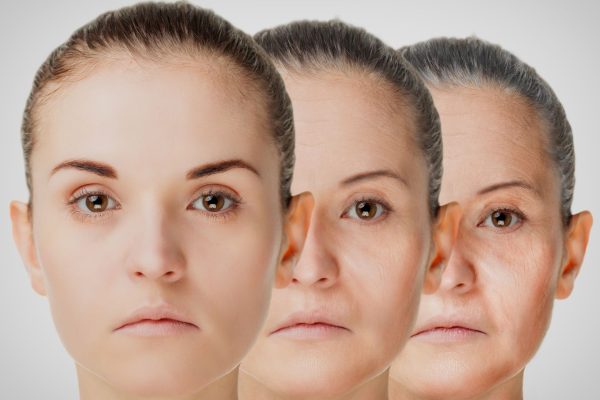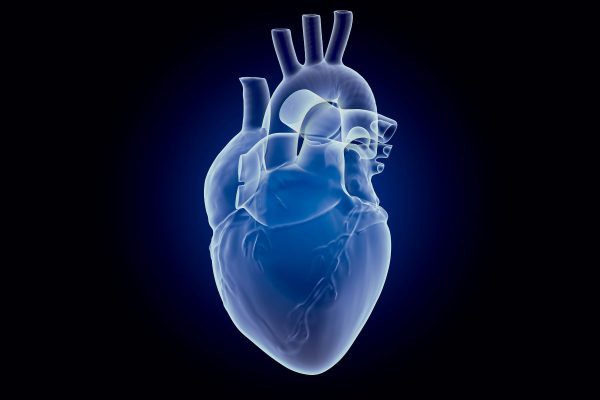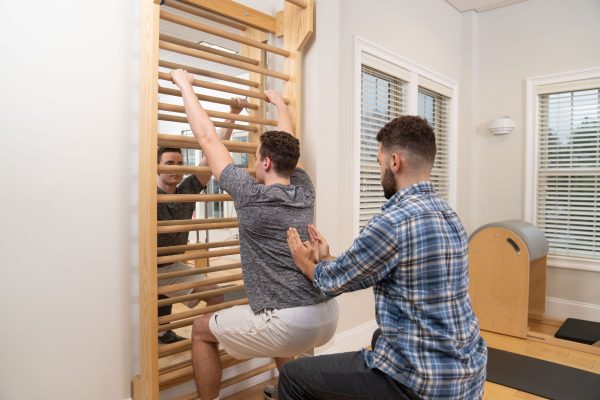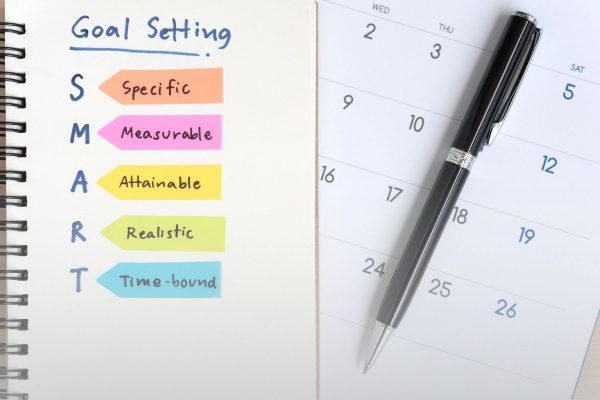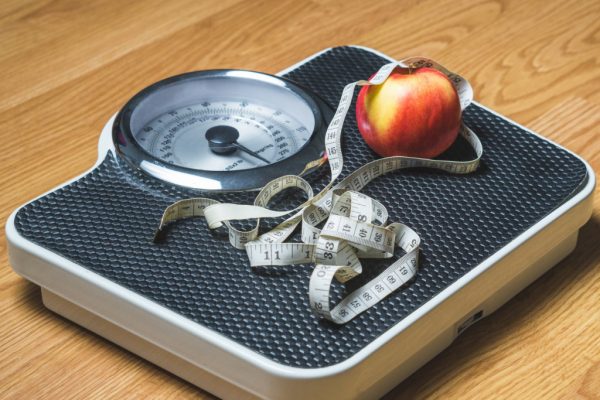BLOG
RECENT POSTS
CATEGORIES
Copyright © Performance 2019. All right reserved.

> Privacy Practices
> Terms and Conditions
Copyright © Performance 2022.
All rights reserved.
JOIN OUR COMMUNITY
Sign up for our mailing list to learn more about Performance, stay up-to-date on our offerings, and receive our newsletter.
Copyright © Performance 2025. All rights reserved.
Digital Marketing by Rebel Interactive Group
Digital Marketing by Rebel Interactive Group

